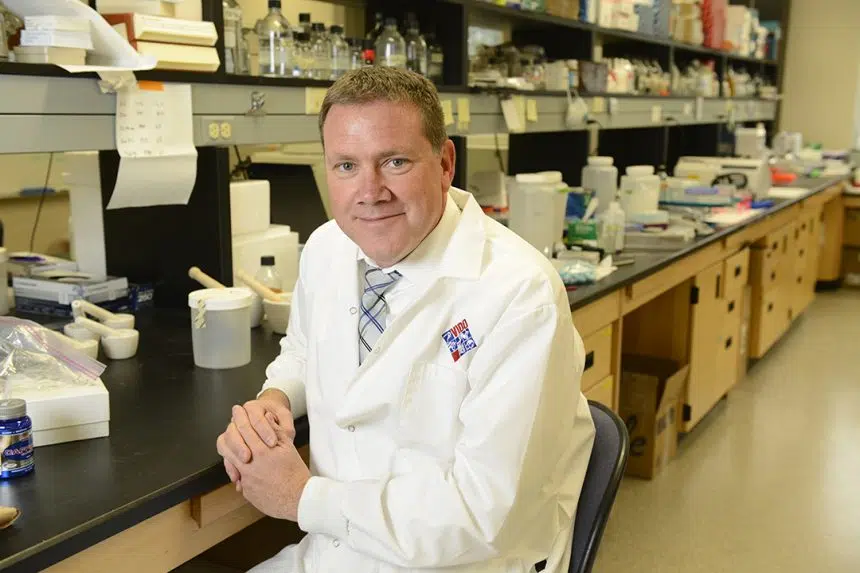Saskatoon’s VIDO-InterVac is another step closer to becoming Canada’s Centre for Pandemic Research with the $59.2 million announced for the facility in the federal budget.
After months of wondering whether the money would come through for a three-year multi-phase project, director and CEO Dr. Volker Gerdts got his answer on Monday.
“It was a great surprise and obviously we had hope for it, but it was a very, very exciting afternoon for us,” Gerdts said.
Over the last few months, the provincial government pledged $15 million for the pandemic research facility with that amount contingent upon receiving the federal money. The City of Saskatoon also committed another $250,000.
VIDO-InterVac’s competition included delegations from the University of British Columbia in Vancouver and McMaster University in Hamilton.
With the money, a new animal lab will be built, along with upgrading part of the laboratory to the highest “Level 4” biosecurity lab. It will allow for the study of the world’s most serious, dangerous and infectious diseases there.
“It will enable us to house more exotic animals like bats, reptiles, insects and so on, and have them all year-round available so whenever a new disease emerges, we can start the work right away,” said Gerdts.
He expects the company, located at the University of Saskatchewan, to become a future rapid response centre that allows it to be better prepared for the next potential pandemic or disease outbreak, whether they’re animal- or human-related. It will likely be the only one of its kind in Canada.
“What this centre will be able to do is research, all the way from discovery to manufacturing of vaccines and that is very unique and that’s the fastest way of responding to any new disease,” said Gerdts.
“If we look around the world, those institutes that have vertically integrated all of the elements, from high containment to manufacturing, they were the ones that can respond the fastest to the current pandemic.”
Some of the money announced on Monday will also go towards funding continued work on their COVID-19 vaccine, which is currently in Phase Two clinical trials.
Last March, the organization received $23.3 million in part, for construction of a new vaccine manufacturing facility, and for operational costs.
Construction should be completed by the end of this year, with certification and vaccine production beginning sometime in 2022.
Gerdts says VIDO-InterVac has also now raised more than $3 million out of $5 million it has pledged to add to the total. The money comes from private donations for which he said he’s extremely grateful.







